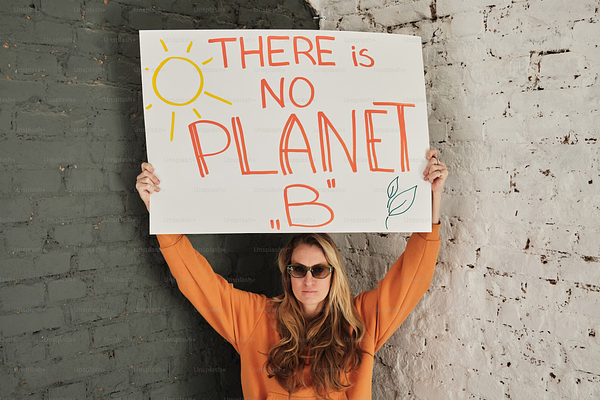Going vegan might seem extreme or confusing to some, especially when misinformation is everywhere. Whether you're vegan, vegan-curious, or just trying to understand a friend or family member’s lifestyle, it’s important to separate fact from fiction. Let’s clear up the most common myths about veganism—once and for all.
Myth #1: Vegans don’t get enough protein
Reality: Protein is in every whole plant food—beans, lentils, tofu, tempeh, seitan, quinoa, nuts, seeds, and even vegetables. Most vegans easily meet their protein needs, including athletes. The real concern in Western diets is often too much animal protein, not too little.
Myth #2: Veganism is expensive
Reality: A vegan diet can be very affordable—especially when it’s based on whole foods like rice, beans, pasta, potatoes, and seasonal produce. It’s processed vegan specialty products that can add up (just like with any diet). You control how much you spend.
Myth #3: Vegans are always hungry
Reality: Plant-based meals are high in fiber and water content, which helps with fullness. If a vegan is hungry, they likely just need more calories or protein. With proper planning, vegan meals are incredibly satisfying and sustaining.
Myth #4: Humans are meant to eat meat
Reality: Humans are omnivores—we can eat meat, but we don’t need to. Major dietetic associations agree that well-planned vegan diets are healthy at all stages of life. In fact, many of our chronic diseases are linked to excess animal products.
Myth #5: One person going vegan doesn’t make a difference
Reality: Each vegan saves roughly 200 animals per year, conserves thousands of gallons of water, and reduces greenhouse gas emissions. Multiply that by millions of vegans globally, and the collective impact is enormous.
Myth #6: Vegan food is boring
Reality: Plant-based meals are as flavorful and diverse as you want them to be—curries, tacos, stir-fries, burgers, sushi, desserts… you name it. Global cuisines are full of naturally vegan dishes, and new vegan restaurants pop up daily.
Myth #7: It’s hard to get enough nutrients on a vegan diet
Reality: With a bit of planning, vegans can meet all their nutritional needs. Vitamin B12 must be supplemented, and attention to nutrients like iron, omega-3s, calcium, and iodine is wise—but this is true of all diets. Balanced vegan diets are completely adequate.
Myth #8: Veganism is just a diet
Reality: Veganism is more than food—it’s an ethical lifestyle that aims to avoid all forms of animal exploitation, including in clothing, cosmetics, and entertainment. The core principle is compassion and minimizing harm.
Myth #9: All vegans are judgmental
Reality: Like any group, vegans are diverse. Most simply want to live in alignment with their values and share information—not judge. If someone talks passionately about veganism, it’s often because they care deeply about animals, the planet, and health.
Myth #10: You have to be perfect to be vegan
Reality: Veganism isn’t about perfection—it’s about doing the least harm possible. If you make mistakes or can't avoid animal products in every situation, you're still making a huge difference. Progress over perfection.
Final Thoughts
Veganism isn’t a fad or a fringe idea—it’s a practical, compassionate, and impactful lifestyle. By breaking down these myths, we hope to empower more people to explore plant-based living with open eyes and an open heart.
🌱 Have more myths you’ve heard? Share them with us—let’s bust them together!


